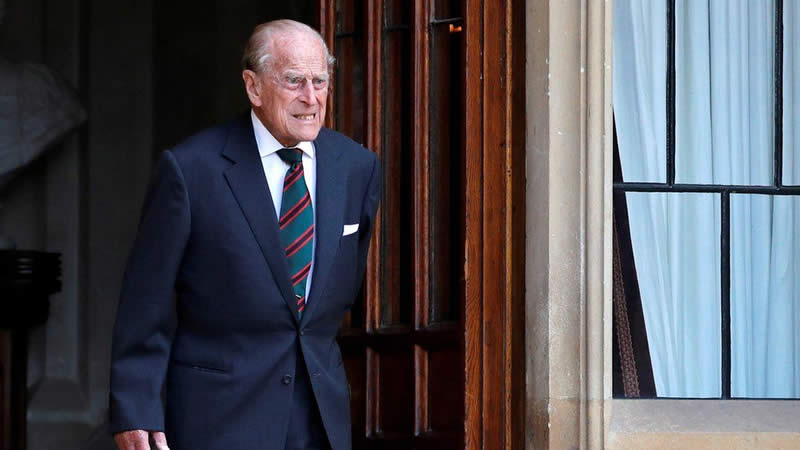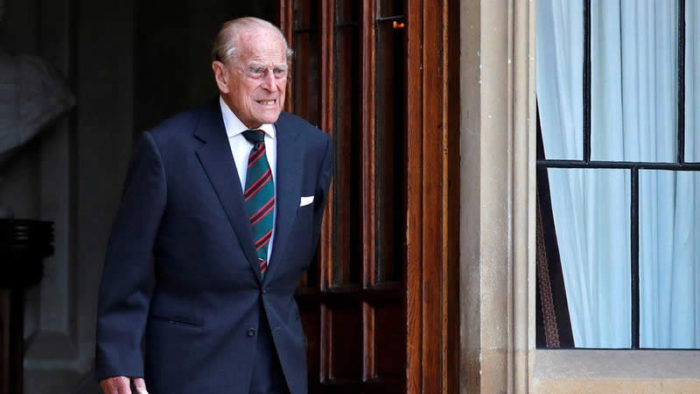He’s also just a guy, a guy with the real name of Philip Mountbatten, who was born into one of Europe’s royal families, and who later became part of another by choice when he married the future Queen Elizabeth II more than 70 years ago.
The father of Prince Charles and grandfather of Princes William and Harry has been close to or wielded great power, and he’s lived a life of privilege and luxury for certain, but that’s only part of the story. Born a century ago, amidst major political and social turmoil, he’s lived a life beset with struggles, sadness, heartbreak, and trauma. Here’s a deep dive into the worst and most devastating things ever experienced by Prince Philip of the United Kingdom.
Philip had to flee his homeland at a very young age
In 1947, and at the age of 26, Prince Philip married into the royal family of the United Kingdom. In adherence to old-school traditions amongst the powerful and elite ruling families of Europe, no commoner could marry the future queen of the British realm, and Philip was of suitable lineage and noble birth.
Born in 1921, Philip hailed from the royal families of both Greece and Denmark, according to Town and Country, his birth taking place on the Greek island of Corfu. But in September 1922, scarcely a year after he’d celebrated his first birthday, Philip and his family had to leave Greece, and urgently.
After a major military defeat, Philip’s uncle, King Constantine of Greece, took the blame, and under pressure from a powerful anti-monarch coalition of “Western Allies, he abdicated the throne, according to Britannica. Philip’s father, Prince Andrew, who served in Greece’s military under Constantine, per Town and Country, was accused of treason, and was banished from Greece. The family fled to France via a British naval ship, where baby Philip was reportedly safely smuggled in a fruit crate, according to The Independent.
Prince Philip was left on his own as a child
While his family found physical safety and refuge outside of its Greek homeland, Prince Philip’s childhood was fraught with separation, disaster, sadness, and instability. While in exile in France, Philip’s mother, Princess Alice of Battenberg, experienced a deep spiritual shift, converting to the Greek Orthodox faith and becoming an extremely religious person. By 1930, according to CNN, her family equated her spiritual fervor to a mental illness, possibly schizophrenia, and forced her into a sanatorium in Switzerland where she was personally cared for by the famed Sigmund Freud. According to The Psychologist, Freud diagnosed Alice’s religious mindset as a symptom of “sexual frustration,” and he kept her institutionalized for over two years, despite her insistence that she was not, in fact, insane.
Around the same time that his wife was sent away Philip’s father, Prince Andrew, took the opportunity to abscond with a lover to the luxurious South of France. He essentially abandoned his son, and various relatives around Europe took in Philip over the years, seeing to his health and education, primarily at boarding schools, per Philip Eade’s book, Young Prince Philip: His Turbulent Early Life (via The Telegraph). As an example of Philip’s own awareness of his turbulent family life, Eade’s noted how when an interviewer asked an adult Philip what language he spoke at home growing up his, frankly, heartbreaking retort was, “What do you mean, ‘at home’?”
You can read the full report here: – nickiswift







